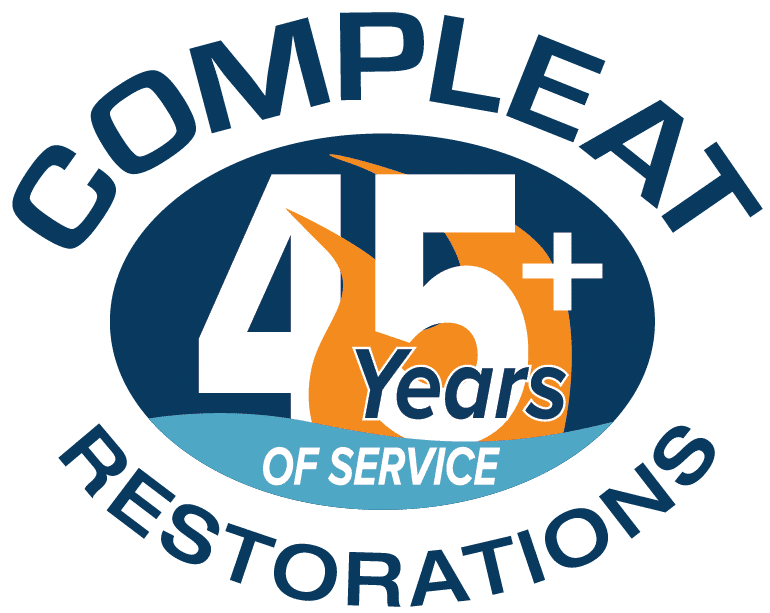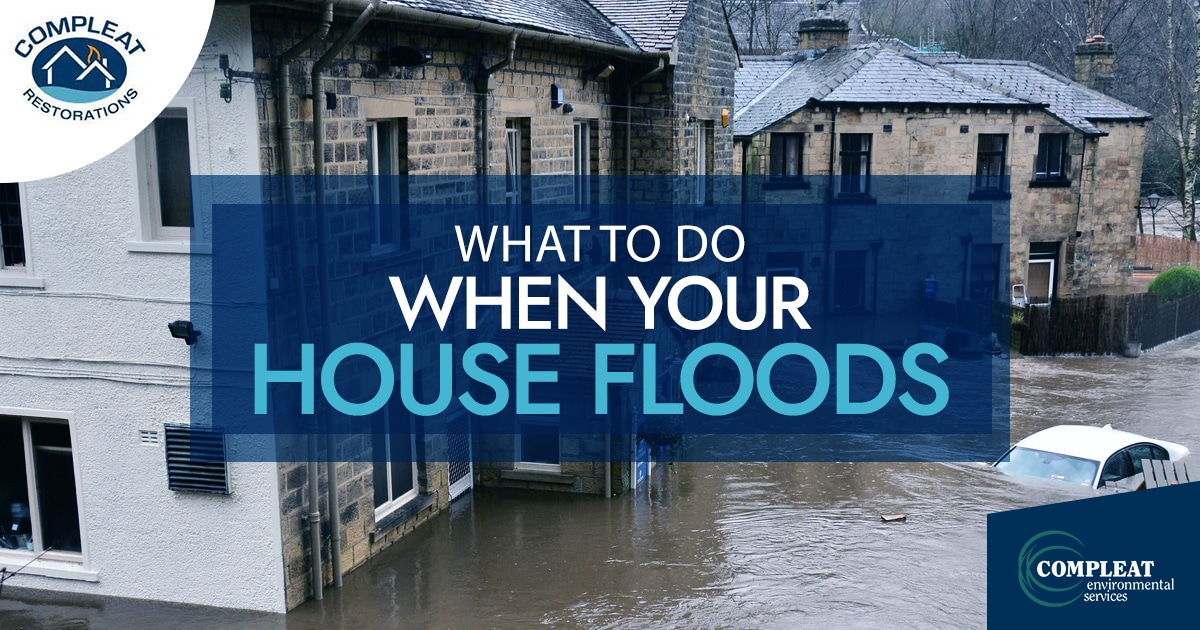House floods happen fast. Whether you’re dealing with a burst pipe or a flash flood, water fills up your house within minutes and spreads through each room, causing significant structural damage. If you can’t prevent a flood, you need to know what to do after a flood strikes.
The next steps you take after water invades your house determine the extent of the damage, how much it costs to restore your property, and how safe you keep your family. Below, we look at how to respond to house floods in Pennsylvania properly.
Kill the Water Supply
If the water is coming from a source on your property, try to identify the source and prevent further flooding. For instance, there may be a leaky pipe under the sink in the upstairs bathroom. If so, find the pipe and seal it. Doing so may prevent the water leak from doing more damage to your house.
If the leak is coming from a flash flood or natural disaster, there may be little you can do to stop the water flow. However, you may be able to slow the water down. Your best method for minimizing the impact is to start from the bottom and work your way up. If possible, try to place sandbags around the base of your external doorways. Afterward, do what you can to seal your doorways and windows, as well as other openings around the house.
Cut the Power
If water is gushing into the house faster than you can stop it, * cut the power to your house before dealing with the house floods. Turning off the electricity prevents electrocution. It also prevents a power surge, which can cause a fire. You’re then dealing with the impact of a flood and fire. If flooding keeps you from getting to the main electrical panel, your safest option is to exit the house.
Once you turn the power off, only turn the power back on after your home meets the following conditions:
- All house floods have drained from the house.
- All areas containing electrical components are dry.
- A licensed contractor has inspected the electrical system.
- A licensed contractor has repaired any damaged components.
Keep in mind that it may take several days for the inner walls of your house to dry out due to the insulation and lack of ventilation. For this reason, you should schedule an electrical inspection to ensure that your system is safe and fully functional.
Evacuate the Premises
When it comes to handling house floods, safety is your top priority. In the case of massive flooding that occurs within minutes, there may be little you can do to stop the water from pouring into your house. So, if you have minimized flooding as much as possible and cut the electricity, your only remaining option may be to evacuate the house.
Before you walk out the door, make sure you look for a safe exit. If water is coming in through the front door, you may want to exit through the back door. Try to avoid wading through water to get to a safe place. If you cannot avoid walking through water, try to put on safety shoes and clothing to prevent injury.
Contact a Restoration Service in Pennsylvania
Restoring your house after a flood is a time-sensitive issue. Discoloration, rust, mold, bacteria, wood rot, and deterioration begin within 24 to 48 hours after house floods. If you can address these problems quickly, you are likely to restore many of the components of your house without the need to replace them.
If you want to minimize the damage and save money on replacement costs, hire a licensed flood restoration service in Pennsylvania. A restoration company performs several functions.
- Perform a comprehensive inspection to assess the full extent of water damage.
- Flood water removal from the house and household items (specifically, furniture).
- Treat all affected areas to prevent further water damage or mold.
- Help you through the insurance claims process so that you get a fair settlement.
- If necessary, recommend contractors (electricians, flooring companies, drywall companies, plumbers) that can repair your home.
Contact Your Landlord or Insurance Company
Who you contact first depends on your living situation. If you are a tenant living in a rental property, contact your landlord as soon as possible. Doing so relieves you of any liability after the flood. Once you contact your landlord, they can decide how they want to handle the situation from there.
If you own your home, you may want to contact a restoration company before your insurance company. Here’s why: The insurance adjuster may ask questions that you cannot answer or may reject your claim or reduce your payout if you cannot prove that water caused the damage to your house.
A restoration company in Pennsylvania investigates the flood, confirms the damage, and ‘talks shop’ with the insurance adjuster. The restoration company also represents you, the client, not the insurance company. So, the contractor is more likely to perform an unbiased inspection and provide an accurate report.
Carefully Document the Flood
If possible, try to document the flood damage and gather as much flood-related information as possible. According to FEMA, you should take the following steps after house floods:
- Take videos and photos of the flood damage.
- Record serial numbers or item numbers of all damaged household goods.
- Keep receipts of flood-related expenses.
- Retain all material samples.
- Contact restoration services to confirm water damage.
You will want to provide documentation for insurance companies, local and state agencies, and vendors with products still under warranty. Make sure you protect all important documents in a safe so that they stay preserved in a flood.
From the smallest water leak to large-scale flood damage, Compleat Restorations is committed to efficiently taking care of any water damage in your home. Call us at 717-738-2121 or fill out our emergency contact form to schedule commercial disaster restoration services in Pennsylvania.



